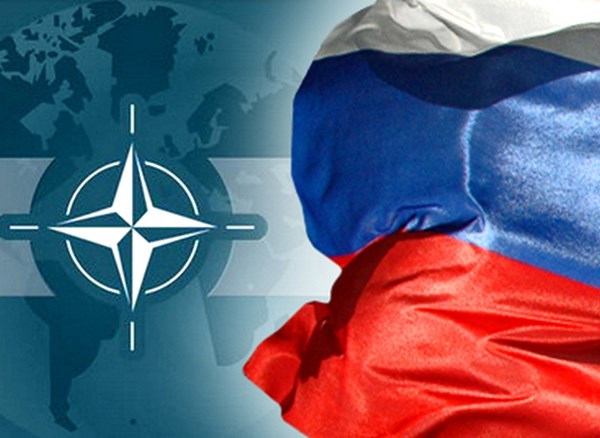NATO rejects Russia’s proposed moratorium on intermediate and short range missiles
NATO has rejected Russia’s proposal that a moratorium be put on the deployment of intermediate and short-ranged missiles, because Moscow’s initiative is “untrustworthy”, Alliance spokesperson Oana Lungescu told Deutsche Welle.
She pointed out that Russia has already deployed SSC-8 missiles (9M729 in Russian classification) in its own territory.
“Before negotiations, they need to destroy these missiles in a verifiable way,” the NATO representative emphasized.
Kommersant reported previously that in mid September Russian President Vladimir Putin sent a letter to NATO member states requesting such a moratorium. Such letters were also reportedly received by countries that are not part of the Alliance, such as China.
On August 2, the US and Russia finalized their withdrawal from the Intermediate-range Nuclear Forces (INF) Treaty. The collapse of the treaty was caused by Russia’s development of SSC-8 missiles which can fly further than 500 km, which the US and NATO consider a breach of the treaty. Russia acknowledges that the missiles exist, but claims that they do not contravene the INF Treaty.
The INF Treaty was signed in 1987 by Soviet Union General Secretary Mikhail Gorbachev and US President Ronald Reagan. Intermediate and short-range missiles pose the greatest threat to the world, because they can reach their targets in a matter of minutes and do not give the targets any opportunity to prepare for the attack or repel it.
Washington and NATO believe that the Russian Federation violated the INF Treaty with the 9M729 missile, capable of hitting target at a distance of more than 500 kilometers. The Russian military, in turn, argues that 9M729 cannot overcome the 500-kilometre distance limit. In December 2018, the United States threatened to withdraw from the agreement if Russia did not return to the fulfillment of its contractual obligations within 60 days. After two months, Washington suspended the U.S participation in the INF Treaty agreement.
The next day, Russian President Vladimir Putin announced Moscow’s "mirror response" and instructed the Russian Foreign Ministry and the country's defense ministry to stop further attempts to initiate negotiations regarding this agreement.
The General Secretary of the Central Committee of the Communist Party of the Soviet Union (CPSU) Mikhail Gorbachev and the U.S. President Ronald Reagan signed the INF Treaty in 1987. Medium and short-range missiles pose the greatest threat to the world, as they are able to reach the goal within a few minutes and do not leave the enemy a chance to prepare for the strike and repel it.
